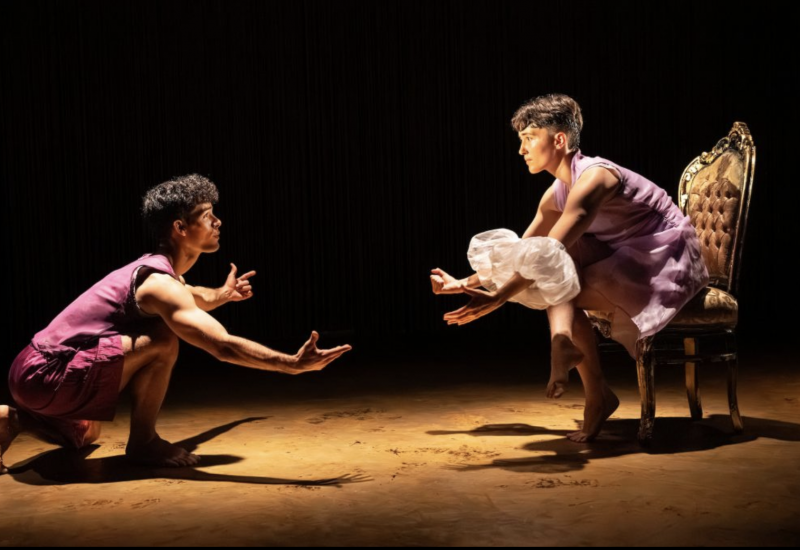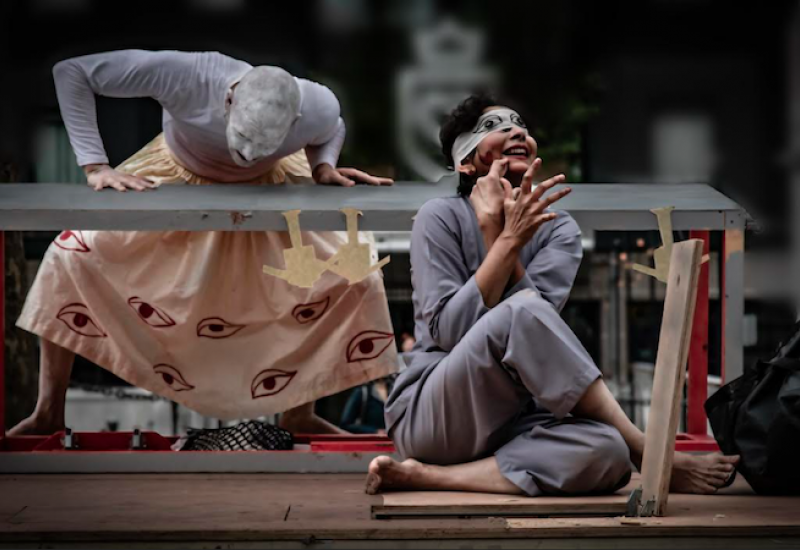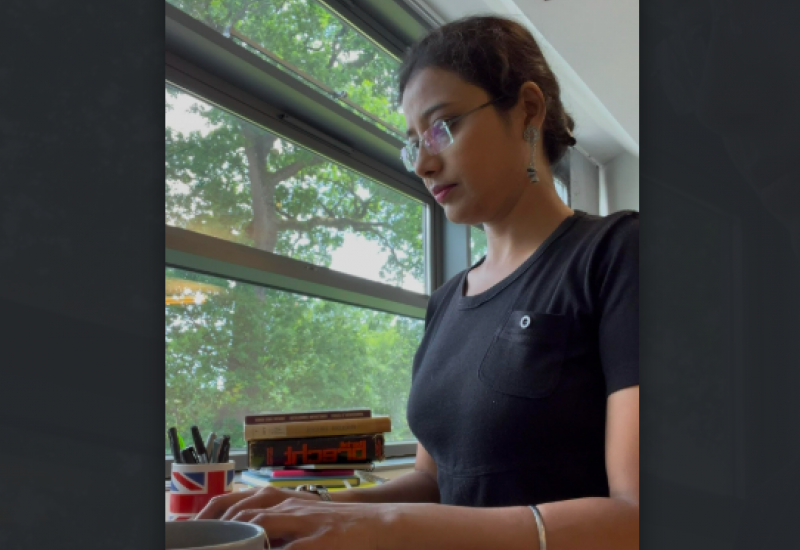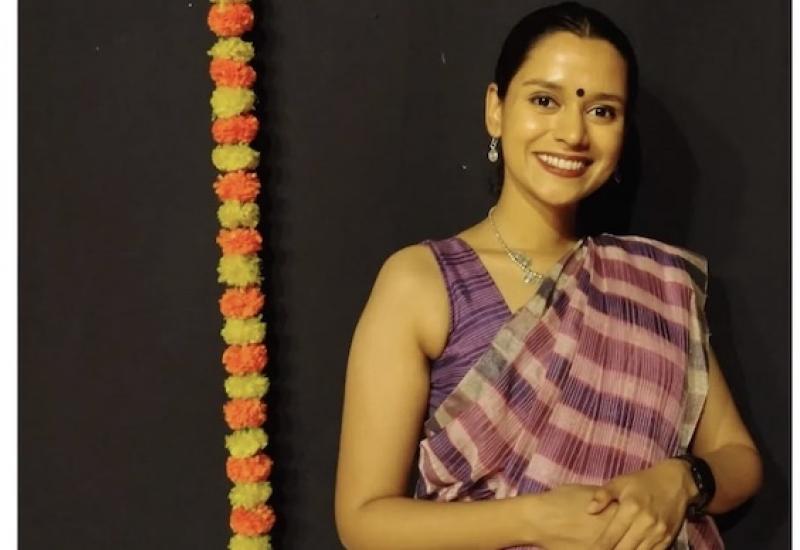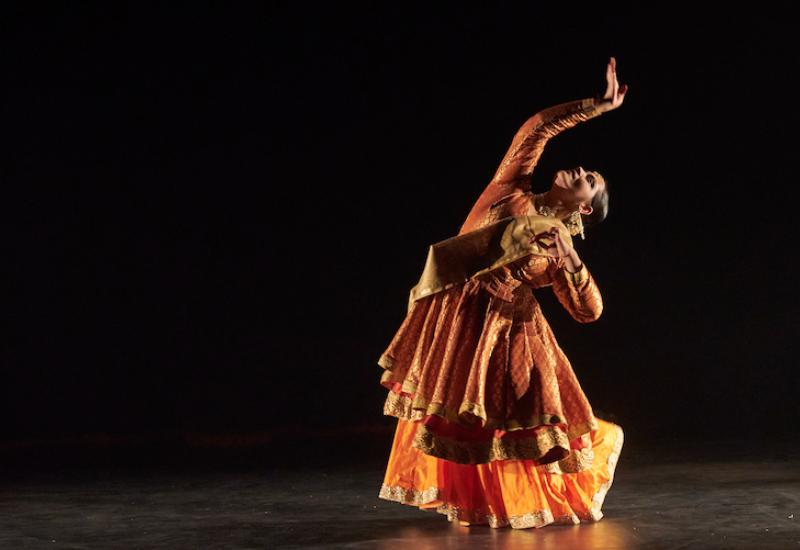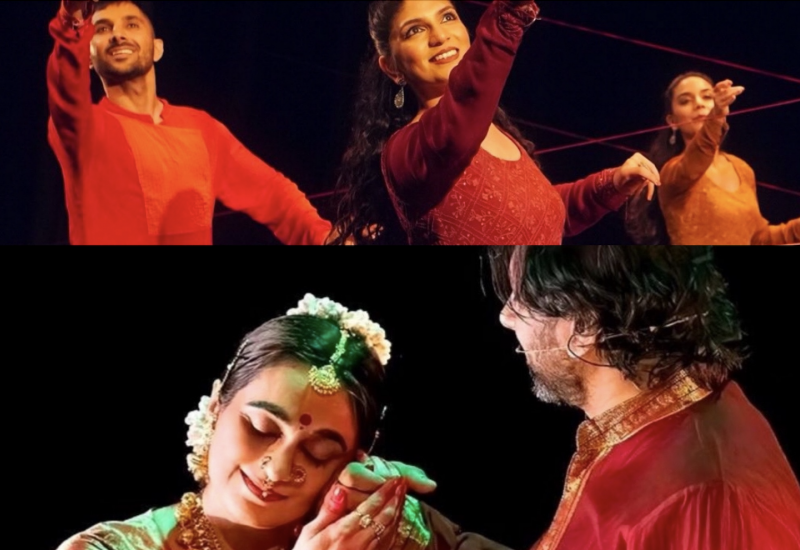Prabha Atre – In Memoriam
Prabha Atre (13 September 1932 – 13 January 2024)
My introduction to Prabha Atre was online. I had not heard her or indeed heard of her for the first forty years of my life, but YouTube® changed all that. My musical ties were tethered at an early age to Hindustani classical, but my exposure to the different gharanas was limited. Memorably, at 8.15 am on one day each week (I think Tuesdays), a classical music programme on Vividh Bharathi (‘Diverse Voices’) on All India Radio would be featured; here I first heard Bharat Ratna Pt. Bhimsen Joshi of Kirana Gharana sing ‘Arambhi Vandina Ayodhecha Raaja’ set in Raga Kalavathi, a carnatic Raga. This was usually followed by a film song ‘Kaahe Tarasaye’ which we, in our teens, were keen to include in our repertoire. I have carried ‘Kalavathi’ in my heart ever since.
Much of this was lost on leaving India, moving to the West, engagement with further studies and academia, and for more than a quarter of a century I remained disconnected to traditional Indian music. However, in 2010 I began a long journey back to the voice of the ragas. My husband, who is white Australian, encouraged and joined me to attend my first Darbar Festival in Leicester. I also found my new Guru, Dr Vijay Rajput, who had himself been tutored by Pt Bhimsen Joshi, and so in a tortuous way, entered The Kirana Gharana. Dr Rajput and I had both been to Gandharva Mahavidyalaya, Delhi, which started in Pune, so I could understand how his style had evolved, and hoped that he would help me develop my own music.
During this early period, my searches on ‘YouTube Kirana Gharana Female Musicians’ brought up Dr Prabha Atre. She was rather unusual for a Hindustani classical singer – soft, beautiful, melodious - indeed rather sweet. But her understanding and composition were deep, and the beauty of her rendition made one come back and hit the replay button. Then I stumbled on ‘Kalavathi’ – and her ‘Tan Man Dhan Tope Varun’ set in Ektaal. This became almost like an earworm, and I listened to it perhaps 1000(?) times. I tried bit by bit to sing it in my shower (and still do). This is one song I wished I had the opportunity to learn.
So, when she came to the Darbar Festival in London, I went to hear her sing. She also gave an interview which I attended. I was intrigued by Indian women who took the plunge into classical music, which my father described as Sadhana (‘dedication to one’s art’), and others as Aradhana (‘an act of worship’). This was 2014, and she was 84. She had won three Padma awards for her services to music (these are the highest civilian awards in India). I really wanted to hear her recital (and hoped to hear ‘Tan Man Dhan’), and learn something more from her person and rendition. The Q & A session was revealing: how she proposed to her parents that she wanted to study music and musical theatre. They were troubled because this could mean that she had to forsake family life, but she wasn’t. Her vocation was what she followed. She also revealed that she composed – yes, ‘Tan Man Dhan’ amongst others!
For a north Indian student singer, such as myself, her composition and rendition defined Kalavathi. A raga is an abstract concept until an artist gives it the rupa (‘form’). To show the beauty of the raga (swarupa) needs the artist’s interpretation, talent, diligence and sadhana. And to this day, at least for me, it is Dr. Prabha Atre who defined it. Dr Atre was an accomplished musician, composer and an academic (University of Pune). She gave so much to music and to us. She died at the age of ninety-two and she received a state funeral for her services to music. Her death followed closely that of Rashid Khan, which was covered by the BBC. But her death wasn’t mentioned – so, I felt some compulsion to write a short article on how she changed my life.
Links: Tan Man Dhan
Arambhi Vandin Ayodheche Raaja (Bhimsen Joshi)
Ravi Shankar used Kalavathi-based songs in Anuradha (Haye re woh din kyun na aayee)








